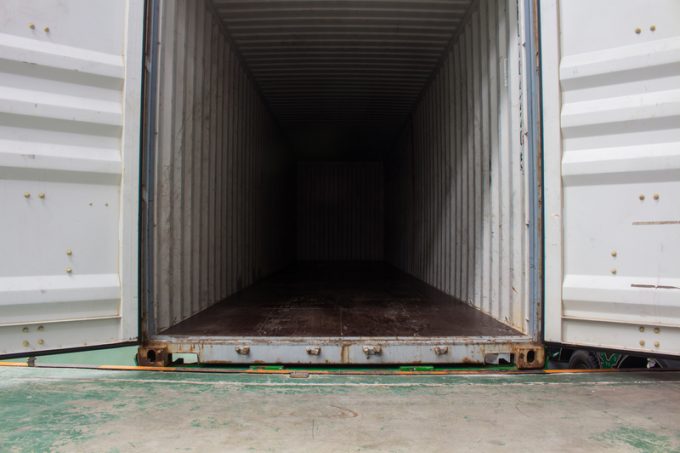MSC to launch new Oceania-US east coast Eagle service next year
Australian and New Zealand exporters to North America are set to get the second direct ...

Unless carriers continue to “aggressively” repatriate boxes to Asia, the equipment shortage crisis will last until February according to SeaIntelligence.
Carriers are maximising procurement of new containers, but the impact of new equipment into the supply chain will take some time.
“The market is faced with a ...

Comment on this article
Unloader
January 12, 2021 at 1:24 pmthe sad part is that China send full containers and Canada and USA just mainly send back empty ones.